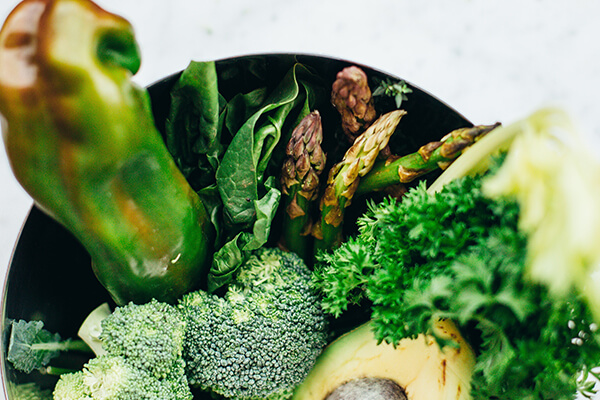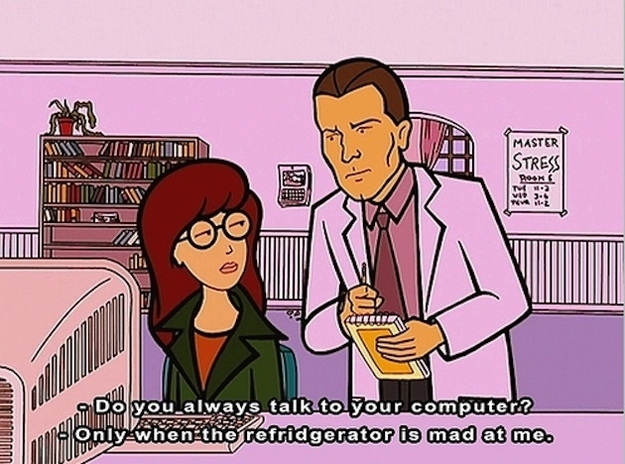Introduction
Understanding the lymphatic system is crucial for comprehending how our dietary choices can impact its function. This intricate network of vessels and organs plays a pivotal role in cleansing and supporting the body’s immune system.While some foods support its health, others can significantly hinder its efficiency. Understanding which foods negatively impact the lymphatic system is essential for overall well-being.
Worst Foods for Lymphatic System
The lymphatic system, a crucial part of our immune system, requires proper care to function optimally. While some foods support its health, others can significantly hinder its efficiency. Understanding which foods negatively impact the is essential for overall well-being.
Understanding Foods and Their Impact
Foods can either bolster or harm the lymphatic system. While some support lymphatic health by reducing inflammation and aiding detoxification, others can hinder its efficiency, leading to congestion and sluggish lymph flow.
The Culprits: Worst Foods
- High Sodium Foods
Excessive salt intake contributes to water retention, leading to lymphatic congestion and reduced efficiency in waste removal.
- Processed Foods
Laden with additives and preservatives, processed foods burden the lymphatic system, impeding its ability to detoxify effectively.
- Refined Sugars
Refined sugars promote inflammation and hinder lymphatic flow, contributing to congestion and compromised immune function.
- Trans Fats
Found in fried and processed foods, trans fats exacerbate inflammation, impacting lymphatic health adversely.
Impact of Dairy Products
Dairy products, particularly high-fat and processed varieties, are known to promote lymphatic congestion. Seeking alternatives can alleviate this burden on the system.
Alcohol and Its Effect on the Lymphatic System
Excessive alcohol consumption can impede lymph flow, hindering the body’s ability to remove toxins efficiently. Moderation is key to minimizing its impact.
Incorporating a Lymphatic-Friendly Diet
Emphasizing foods like leafy greens, berries, and citrus fruits can aid lymphatic health by reducing inflammation and supporting detoxification.
Function of Lymph
The lymphatic system functions as a drainage network, carrying a clear fluid called lymph. It aids in eliminating toxins, waste, and other unwanted materials from the body while also assisting in the transportation of immune cells.
Cleansing and Immunity
One of its primary roles is to cleanse tissues and fight infections, ensuring optimal immune function. However, certain dietary habits can hinder its efficiency.

Impact of Diet
Our diet significantly influences the lymphatic system. While some foods support its function, others can impede its performance.
Positive and Negative Influence
Understanding the positive and negative impacts of food on this system is crucial in making informed dietary choices.
Worst Foods
Several types of foods can negatively affect the lymphatic system.
Sodium-Rich Foods
High sodium intake can lead to water retention, burdening the lymphatic system and impairing its ability to eliminate toxins effectively.
Processed Sugars and Sweets
Excessive consumption of processed sugars and sweets can cause inflammation, hindering the cleansing function.
Trans Fats and Unhealthy Oils
Trans fats and unhealthy oils contribute to inflammation and can clog lymphatic vessels, hampering their proper functioning.
High-Cholesterol Items
Foods high in cholesterol can lead to plaque buildup in lymphatic vessels, restricting fluid flow and compromising immune response.
Excessive Alcohol
Alcohol, when consumed excessively, can dehydrate the body and impede lymphatic function, impacting its cleansing ability.
Consequences
The disruption of the lymphatic system due to poor dietary choices can have significant consequences.
Lymphatic System Disruption
An impaired lymphatic system can result in the accumulation of toxins, leading to chronic health issues and a weakened immune system.
Impact on Overall Health
This disruption can manifest in various health problems, including increased susceptibility to illnesses and a decrease in overall vitality.
Healthy Alternatives
Opting for nutrient-rich foods can help support the lymphatic system’s function.
Nutrient-Rich Options
Incorporating fruits, vegetables, lean proteins, and healthy fats into the diet can promote lymphatic health and overall well-being.
FAQs
- Can certain foods help improve lymphatic flow?
Yes, foods rich in antioxidants and anti-inflammatory properties, like berries and leafy greens, can support lymphatic health.
- Is there a specific diet recommended for a healthy?
While no one-size-fits-all diet exists, emphasizing whole, unprocessed foods and staying hydrated can benefit lymphatic health.
- How does stress affect?
Chronic stress can compromise lymphatic flow, impacting its ability to detoxify and support the immune system.
- Are there any supplements that aid lymphatic health?
Some herbal supplements, like echidna and cleavers, are believed to support lymphatic function, but consult a healthcare professional before use.
- Can poor lymphatic health manifest in specific symptoms?
Yes, symptoms like swelling, recurring infections, and fatigue may indicate compromised lymphatic function.
Conclusion
Understanding the impact of dietary choices on the lymphatic system is vital for maintaining optimal health. By avoiding the worst foods and embracing healthier alternatives, individuals can support their function and enhance their overall well-being.By understanding and avoiding the worst foods that hinder its efficiency, one can take significant steps toward fostering a robust immune system and a healthier life.



